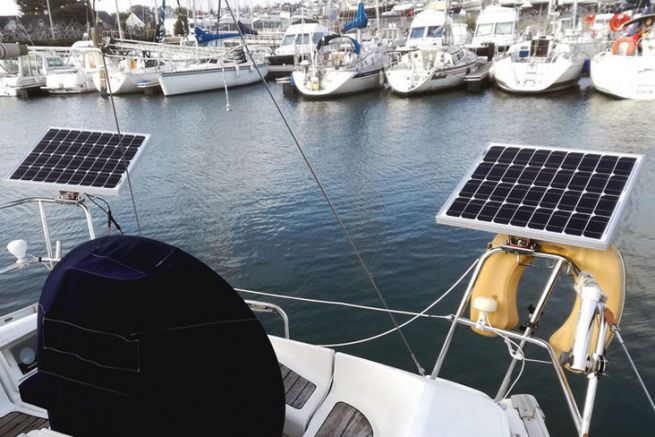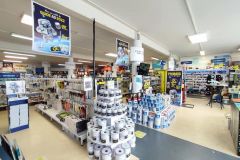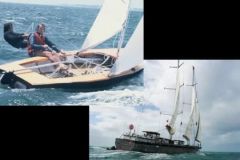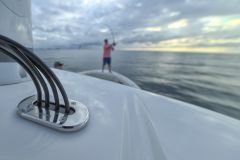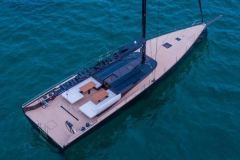A solar panel is composed of a succession of cells connected in series. Each cell has a voltage of 0.5 V. Solar panels that need to recharge batteries are designed to have a natural voltage close to that of the battery. In general, there are panels with 36 cells, i.e. an output voltage of 18 V (36 x 0.5).
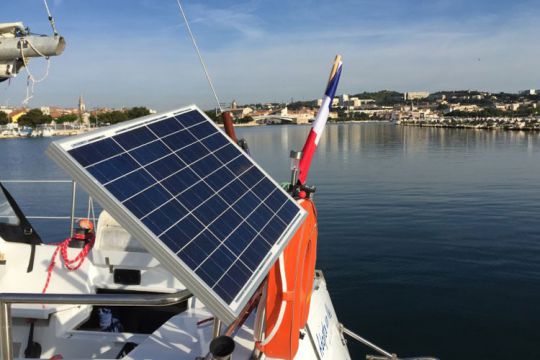
What performance can I expect from my panel?
The power indicated on a solar panel is given for optimum sunshine. On average in France, one panel produces:
- Dec / January: 0.8 to 1 times its power per day
- March/October: 2.5 to 3.5 times its power per day
- July / August: 5 to 7 times its power per day
For example, a 100W panel produces: in Dec: 80Wh/d - in March. 250Wh/D - in August: 500Wh/D
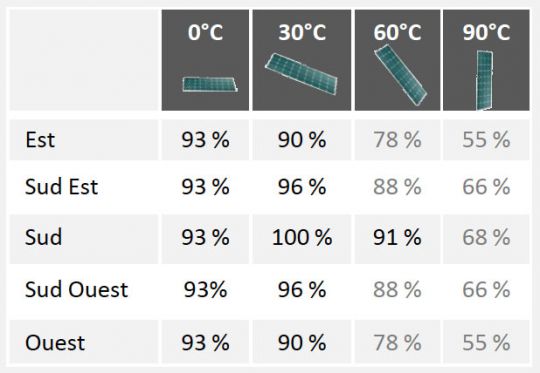
The importance of guidance
Depending on its orientation towards the sun, a panel will have a very different yield. The table presented here shows the efficiency that can be expected from a panel depending on its inclination.
Be careful with the temperature of the panels...
A panel is a black surface that is exposed to the sun, it must be heated! However, as the temperature increases, the cells lose their efficiency. If it heats too much, it is not uncommon to see a loss of about 10% of yield. This is why the rigid solar panels are mounted in thick aluminium frames (about 3 cm) to always leave an air stream underneath in order to ventilate them as much as possible.
If flexible panels are used, they should be installed to ensure optimal ventilation. This is the case if they are placed in height (on a bimini for example), it is not the case if they are placed flat on deck...
Shadow problems
A solar panel reduces its load if a shadow (e. g. from a rope) passes through it. This is why solar panels are often installed on porches at the back of boats so that they are always the best exposed, avoiding the shadows of the rigging. If you choose flexible, removable solar panels, at equal power, it is best to choose 2 small panels that you can place on deck avoiding shadows, rather than only one large panel that will be partially hidden.
Cut panels for boats
Solar panel manufacturers do not always think about sailors and the problem of the space we have on our boats. At Uniteck the panels are deliberately designed with a very rectangular format (not very wide) so that their arrangement is easy on a portico.
The entire range of Uniteck panels, specially designed for boats, can be found in the Accastillage Diffusion catalogue
